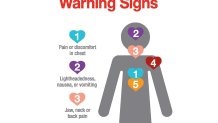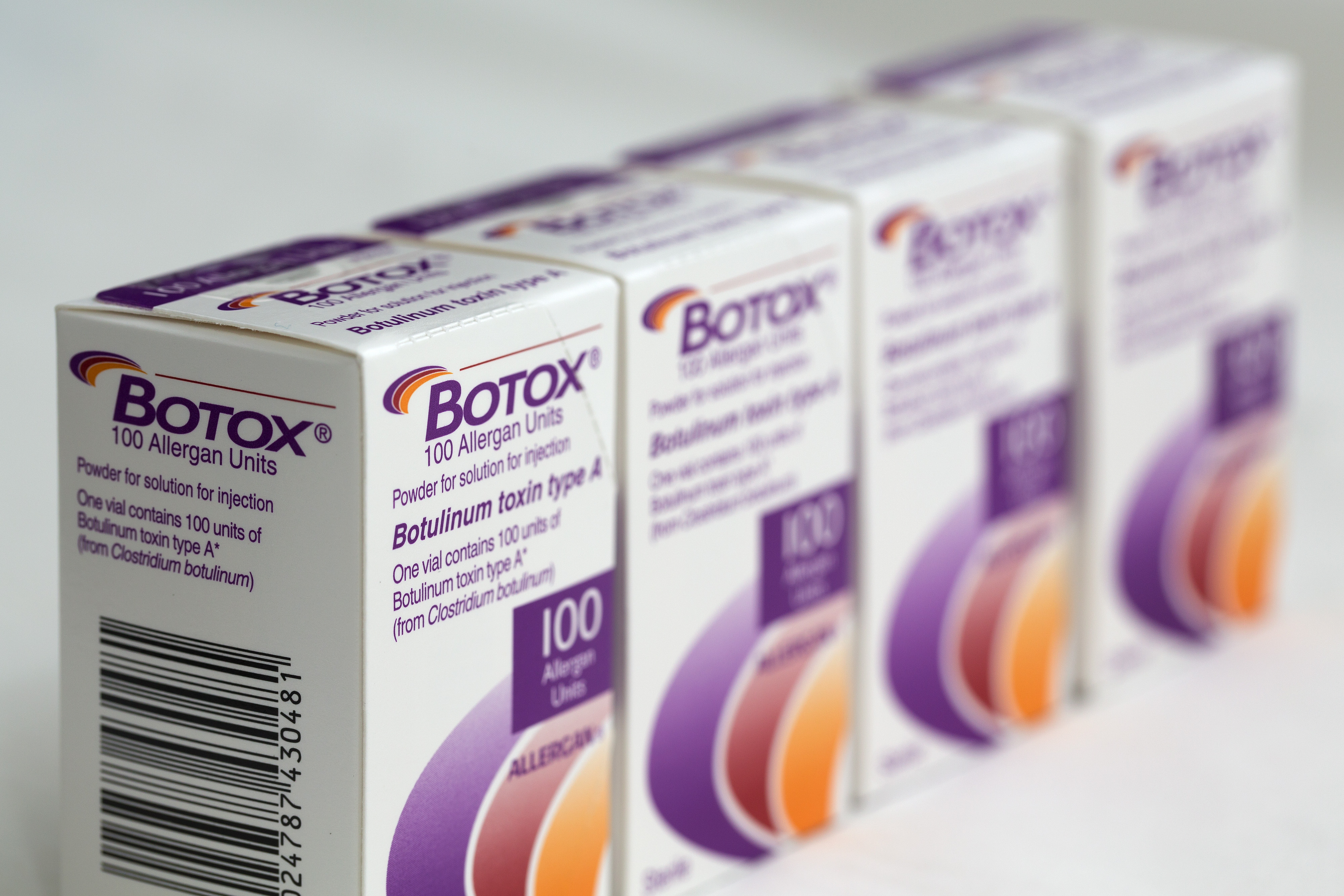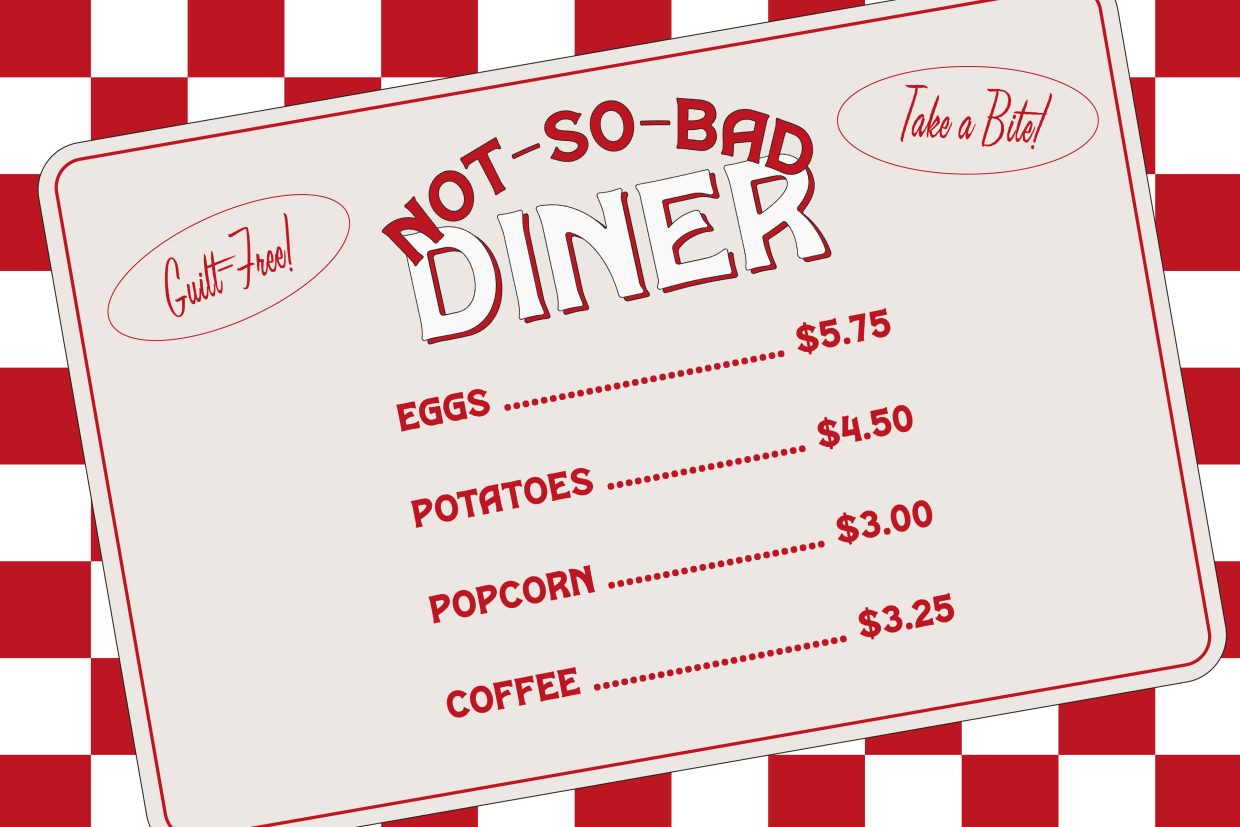There's something about the holidays many might not know about.
According to the Dallas-based American Heart Association, more people die of heart attacks between Christmas day and New Year's Day than at any other time of year.
That's why doctors and heart attack survivors are sounding the alarm on the warning signs of a cardiovascular event and the importance of learning CPR.
"The holidays are a busy, often stressful, time for many of us. Routines are disrupted; we may tend to eat and drink more and exercise and relax less. We’re getting too little sleep and experiencing too much stress. We also may not be listening to our bodies or paying attention to warning signs, thinking a trip to the doctor can wait until after the new year,” said American Heart Association Chief Clinical Science Officer Mitchell S.V. Elkind, M.D., M.S., FAHA. “While we don’t know exactly why there are more deadly heart attacks during this time of year, it’s important to be aware that all of these factors can be snowballing contributors to increasing the risk for a deadly cardiac event."
Get New England news, weather forecasts and entertainment stories to your inbox. Sign up for NECN newsletters.
Scientific research points to an uptick in cardiac events during the winter holiday season. A study published in Circulation, the flagship journal of the American Heart Association, reported that more cardiac deaths occur on December 25 than on any other day of the year; the second largest number of cardiac deaths occurs on December 26, and the third largest number occurs on January 1.
Winter weather has been noted as a trigger for increased heart attack risk due to restricted blood flow through constricted vessels caused by cold temperatures. However, another study published in Circulation found that even in the mild climate of Los Angeles County, about a third more heart attack deaths occur in December and January than in June through September.
These findings were supported by a study published in the Journal of the American Heart Association by researchers in New Zealand, where the December holidays fall during that area’s summer season.
Health
“Research also shows that the biggest increases in these holiday heart attack deaths are among people who are not in a hospital. This highlights the importance of recognizing symptoms and seeking immediate medical care. Don’t ignore heart attack warning signs because you don’t want to spoil the holidays, the consequences could be much worse,” Elkind said.
‘IT’S A LIFESAVER'
No matter the exact cause, heart attack survivors like Kyle Riggs of Fort Worth are urging everyone to learn CPR before heading into family gatherings this month.
"It's truly a lifesaver. That's the only reason I'm here today,” he said.
He suffered a heart attack at just 36 years old in 2019. He had been feeling pain for days while doing some strenuous outdoor work on an investment property.
“Typical August day, 100 plus degrees. And I started kind of having some chest pain that day, which was new to me. I had never had anything like that before,” he recalls. “So I just assumed, maybe I was dehydrated and pulled a muscle in my chest or something.”
Riggs had no family history of heart disease and thought of this diet and lifestyle as generally healthy. With that thought in mind, he made the mistake of powering through and not seeking medical attention.
While on the way to a family dinner with the kids, his wife urged him to stop and get medicine at a store on the way. They made the decision for her to stay with the kids in the car while he went in by himself to get some aspirin.
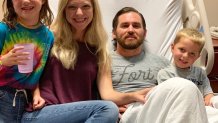
“She actually texted me right when I got out and said, ‘I don't want to say in front of the kids, but I think you should go to the hospital,’” Riggs remembers. “And then I walked into the grocery store, get to the pharmacy aisle and just collapsed face down in cardiac arrest. My heart stopped beating.”
Within moments, Riggs was surrounded by people trying to help him – one of them, a good Samaritan who immediately started CPR compressions. A cashier got on the intercom frantically searching for a doctor in the store.
"A doctor happened to be walking in at that same time and kind of helped coach this man through compressions,” Riggs said. “It really kind of played out the only way that it could have for me to get through that whole thing.”
Despite being in a medically induced coma and in the ICU for 6 days, he made a complete recovery.
Riggs was able to recover enough to take this picture with his rescuers not long after his heart attack.
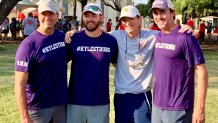
"We were lucky to get through it because of people out there in the world that know CPR and are willing to get involved in helping,” he said.
The culprit in Rigg's health scare: a crucial artery that had a 95% blockage. Doctors weren’t sure what caused the blockage but its proof something like this can happen to anyone – even to someone like Riggs, who said he thought he did more than the average person to live a healthy lifestyle.
"Basically, what my cardiologist says -- is that everyone gets plaque buildup in their heart. That's a very common thing, we all have it. And I just happened to get a very large buildup in that one artery," he said. "It could have been a lipid-rich diet that had been building for years and years. I just had no idea other than the symptoms I had that day, which I shouldn't have ignored. That's what we want to spread the importance of -- just listening to your body and not ignoring symptoms."
LEARNING CPR
Anyone can go to www.heart.org and watch a two-minute video to learn hands-only CPR.
"The whole family can learn how to do it, it’s simple enough to do,” said Elkind.
Hands-only CPR is the updated recommendation from previous years, which also had a breathing component to the method.
“We do recommend hands-only CPR now. Because when you press on the chest, you also help to fill the lungs with oxygen so you don't need to breathe into the person's mouth. You can just use hands on the chest to do that,” said Elkind.
Click here for links to finding a CPR course if you want to get certified and participate in more instruction.
Besides CPR, it’s also important for people to memorize these warning signs of a heart attack in themselves or others:
